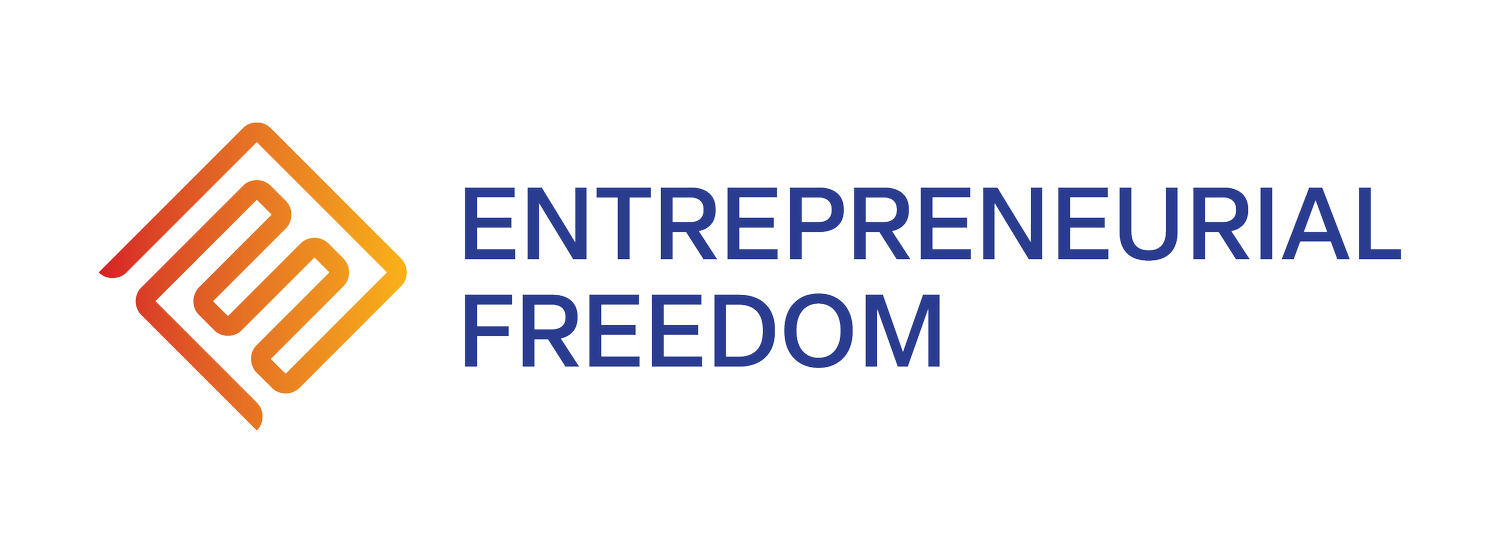Disability, Death, and a Self-Sustaining Business
This week has been a profound reminder of life’s unpredictability. My best friend’s husband passed away after a long health battle, leaving behind a legacy that includes both a family and a business.
For almost three years, his wife has run their business while navigating his stroke, the long recovery that followed, and the most recent challenges, including a hip replacement and more time spent in rehab.
Through all of these hardships, the business didn’t just survive — it thrived. Why?
Because from the moment his health crisis hit, they had set their business up as an asset — an asset that could operate independently. It’s a business with value, no matter which direction she decides to take, and that is what true freedom in business looks like.
The Power of Preparation: From Owner Dependence to True Freedom
Most businesses are heavily dependent on their owners, with daily operations relying on their presence and oversight. But what happens when life intervenes in unexpected ways? My friend’s experience highlights the importance of building systems, empowering teams, and creating processes that allow the business to function without the owner constantly at the helm.
Over the past three years, she has been able to spend extensive time in hospitals and rehab facilities for his care. Yet, the business didn’t falter. The systems they built allowed her to focus on what mattered most — spending time with her husband during his final years and, now, grieving with her family and friends as they celebrate his life.
This is the outcome we strive to create for our clients: a business that can run without you, that grows and evolves whether you are present or not. It’s about giving yourself the space to navigate life’s inevitable ups and downs without sacrificing your business's value or potential.
The fact is, most business exits are involuntary — meaning that life events such as disability, death, divorce, family illness, and burnout force the exit. Most of our businesses aren’t fit enough to weather such events.
Memento Mori: Reflecting on the Bigger Picture
In reflecting on this loss, I’m reminded of the ancient philosophy of memento mori — the practice of remembering that we all must die. This isn’t about fear but about clarity. It’s a reminder to live fully, make the most of our time, and create a lasting impact.
As business owners, we often get so caught up in daily operations that we forget to step back and look at the bigger picture. We are more than the sum of our tasks. Our businesses can be more than just revenue-generating machines — they can be assets that provide for our families, support our teams, and continue to deliver value even when we step away.
This philosophy of memento mori encourages us to reflect on what matters most and to build something that lasts. By setting up a business that can thrive without you, you gain the freedom to focus on the people and moments that truly matter.
A Business That Supports Life, Not the Other Way Around
Ultimately, this week’s events have been a powerful reminder of the importance of building businesses that support the life we want to live—not businesses that demand our constant attention and energy. We help our clients build businesses that provide freedom, security, and a path forward, no matter what life brings.
Whether you’re planning for the future or simply reflecting on your journey, take a moment to consider:
What legacy are you creating, and is your business ready to support you and your loved ones, even when you’re not there?
How to Build a Team That Runs Itself
Discover a step-by-step process designed to help you create a self-sufficient team that
handles day-to-day tasks without relying on you.


